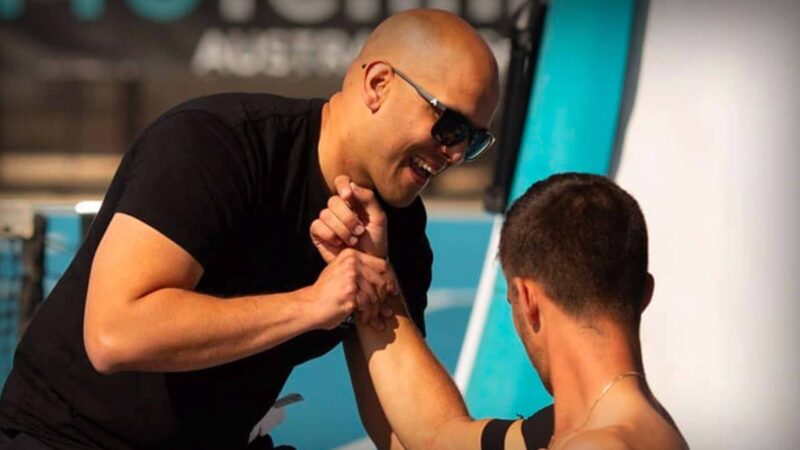CASE STUDY World-first clinical trial improves patient outcomes for kidney transplants
Dr Michael Collins
Royal Adelaide Hospital
Filmed August 2023
A world-first clinical trial conducted at the Royal Adelaide Hospital (RAH) and at hospitals across Australia and New Zealand has identified the best fluid treatment to reduce the risk of patients requiring dialysis after a kidney transplant.
Around one in three people who receive a kidney transplant suffer delayed graft function, which means the transplant doesn’t work immediately and they require dialysis.
The lead-author of the study, was Royal Adelaide Hospital Nephrologist and University of Adelaide researcher, Dr Michael Collins.
During the four-year study, fluids were trialled in 808 patients with kidney failure, who received a kidney transplant from a deceased organ donor at the RAH and 15 other hospitals in Australia and New Zealand.
Researchers at the University of Adelaide and University of Sydney, found 30 per cent of participants who received Plasma-Lyte 148 needed dialysis after transplant, compared with 40 per cent of participants who received saline.
The results of the study are now being used to improve the health of kidney transplant patients in Australia and New Zealand and it is likely that practice will change at transplant units around the world.
You Might also like
-
Optimising Rural Musculoskeletal Health
Adnan Asger Ali is a Director of Accelerate Physiotherapy and PhD candidate at The University of Sydney, where he is researching implementation strategies for musculoskeletal care pathways in rural Australia as part of the PACE-RURAL project.
A passionate advocate for physiotherapy, Adnan serves as Chair of the Australian Physiotherapy Association’s National Musculoskeletal Committee and sits on the Capital Health Network’s Clinical Council. His commitment to clinical excellence was recognised when he received Physiotherapist of the Year at the 2023 Allied Health Awards.
-
Applying nanotechnology to chronic pain management
Dr Felicity Han is a Research Fellow and Leader in Pain Relief Innovation, at the Australian Institute for Bioengineering and Nanotechnology in the University of Queensland. Dr Han’s research interests sit at the interface of drug delivery and the pain field. Her overarching research goal is to improve the quality of day to day life of patients suffering from chronic pain, by applying nanotechnology to the development of novel highly effective pain-killer products for improving chronic pain management.
-
Dental care improvements using informatics and artificial intelligence
a member of the Scientific Advisory Committee for Dentroid, a startup in Australia aiming to revolutionise dentistry with laser technology. He has gained extensive experience in various roles at research-intensive institutions across three different continents.



